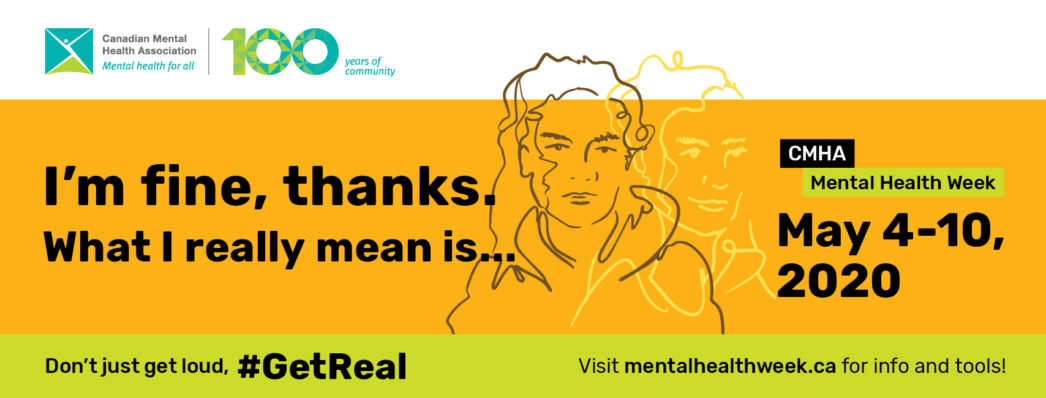Happy Mental Health Week! Today we are exploring mental health from the point of view of caregivers of individuals with FASD.
Stress is a normal response to pressure or demands that our body finds threatening. A certain amount of stress in our daily lives is normal. However, experiencing high levels of stress over long periods of time can negatively impact our mental health and physical health and can lead to a number of potential health issues.
It is well documented that caregivers of children with disabilities experience increased levels of stress. But caregivers of children with FASD have been shown to experience higher levels of stress than most people. In a 2009 study, 92% of primary caregivers of individuals with FASD had clinically elevated stress levels. These number show that finding effective ways for caregivers to manage stress is especially important for this population.
Practicing self-care is one way that we can help to reduce stress and improve our mental health. What’s more, research shows that caregivers who are confident in their ability to practice self-care show higher rates of the family needs being met, higher rates of personal satisfaction, and lower levels of parental distress.
Self-care strategies for caregivers of individuals with disabilities have been well researched, but it wasn’t until just recently that research was published on what self-care looks like for caregivers of individuals with FASD. The researchers asked 46 caregivers of children with FASD what their strategies for self-care were:
- 73.9% reported being present, which involves an activity focused on time alone
- (i.e., meditation, yoga, spending time in nature, “me time”, prayer)
- 67.4% reported maintaining physical health
- (i.e., exercise, walk, sleep, eat healthy)
- 54.3% reported seeking social supports, either in the form of friends and family or professional supports
- (i.e., support groups, counsellors, partners, friends)
- 39.1% reported engaging in hobbies
- (i.e., reading, gardening, cooking)
- 28.3% reported treating yourself to small luxuries
- (i.e., pedicures, taking a bath, eating chocolate)
- 19.6% reported consuming media
- (i.e. movies, TV shows, music)
- 6.5% reported seeking information, which involved educating themselves or researching solutions
- (research, internet browsing, online seminars)
The researchers then asked those participants what their barriers to practicing self-care are. The participants reported the following barriers:
- Time restraints (i.e. busy schedules)
- Lack of resources (i.e., money and costs, lack of support from family)
- Family needs and challenges (i.e., children’s behaviour)
- Exhaustion
- Health issues (i.e. medical problems/physical health limitations)
- Mood (i.e. lack of motivation, work stress)
- Logistics (i.e. friends unavailable, geographic location)
- Pride
These aren’t the only strategies for self-care out there, nor are these the only barriers to practicing self-care. Members of the FASD community have been very open in sharing the strategies that work for them and the barriers to coping with stress and anxiety.
That being said, self-care isn’t the only cure for our mental health. Caregivers who are having difficulty reducing and coping with their stress may need to look into opportunities for stress reduction beyond self-care. This might include professional interventions like behavioural parent training, mindfulness interventions, and coping skills education.
Talk to your healthcare professional if you are experiencing long-term stress that you can’t control. Recovery from chronic stress is possible, but it takes a village.
Connect with us! Tell us your self-care strategies in the comments below or connect with us on our social media pages.



